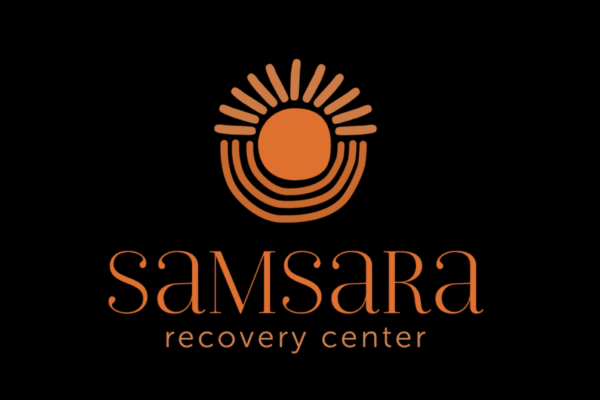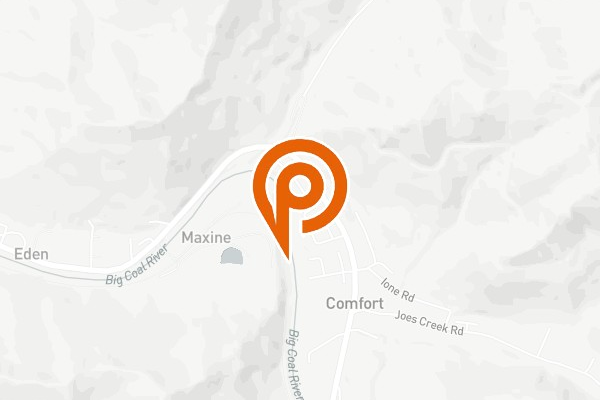Experience comprehensive outpatient mental health care at our location, offering innovative TMS and Spravato treatments. Conveniently situated with flexible hours, we provide accessible and personalized support for your rehabilitation journey.
Get in contact with us regarding
Northeast Health Services – Quincy
Contact us
(855) 558-5580
Are you the owner of this facility? Please contact us to claim it:
Claim this listingOur location:
100 Hancock St., 9th Floor, Quincy, MA 02171
DirectionsGet in contact with us regarding
Northeast Health Services – Quincy
Contact us
(855) 558-5580
Are you the owner of this facility? Please contact us to claim it:
Claim this listingFrequently Asked Questions
-
Can I just talk to someone about all of my questions?
Yes, please don’t ever hesitate to call 800-820-8210 to speak to one of our concierge recovery experts.
-
How do I start the treatment process?
The first step is to contact us for a confidential consultation. During this process, we’ll conduct a thorough assessment of your situation to determine the appropriate level of care and treatment options. We’ll work with you to develop a treatment plan tailored to your needs, and if necessary, we can assist with the admissions process, including insurance verification and paperwork.
These questions and answers can help individuals better understand what to expect and how to approach the substance abuse treatment process. It's important to ask any specific questions that relate to your unique situation to ensure that the treatment program aligns with your needs.
-
What is the role of aftercare in the recovery process?
Aftercare is crucial to maintaining long-term sobriety. After completing an inpatient program, we offer ongoing outpatient therapy, alumni support groups, and sober living options. Aftercare provides a structured environment that helps individuals transition back into daily life while receiving continued support to prevent relapse.
-
Can family members participate in treatment?
Family involvement can be an important part of the recovery process. Family therapy sessions can help loved ones understand addiction, learn how to support the individual in recovery, and address any relationship issues that may have developed. Educational resources for families to help them better support their loved one’s recovery journey are available by most providers.
-
Will my insurance cover treatment?
It depends if you have Behavioral Health benefits or not. If you're unsure whether your insurance will cover treatment, we can help verify your benefits and discuss coverage and recommend a provider that best suits your needs . Many plans cover inpatient and outpatient treatment, as well as detox and medication-assisted therapy. We promise this is the last phone call you will have to make.
-
Should I be concerned about success rates of a particular program?
Success rates can vary based on the individual’s commitment to treatment and the specific circumstances of their recovery. However, studies show that individuals who complete structured programs like ours, including therapy, support groups, and aftercare, have a significantly higher chance of maintaining sobriety. We recommend that you focus on long-term recovery and provide ongoing support, including alumni programs and aftercare services.
-
How much does treatment cost?
The cost of treatment can vary based on the program type, the length of stay, and the level of care required. Providers work with a variety of insurance providers, and many of our patients’ insurance policies cover part or all of the treatment costs. Providers also offer payment plans and financial assistance for those without insurance or who need additional help covering costs.
-
How long does substance abuse treatment usually last?
The length of treatment depends on the individual’s needs. Inpatient programs typically last between 30 to 90 days. After completing inpatient treatment, some individuals transition to aftercare (PHP/IOP), which can last several months. Long-term recovery often requires ongoing support, including sober living arrangements, aftercare programs, and regular therapy sessions.
-
How do you support people with co-occurring mental health issues (dual diagnosis)?
We specialize in helping people navigate treatment providers for individuals with co-occurring mental health issues, such as depression, anxiety, or PTSD, along with substance abuse. Particular provider's therapists are trained in dual diagnosis treatment, and provide integrated care that addresses both mental health and substance use issues simultaneously. It may be necessary to treat the mental health issues first, however, often times an individual needs to treat their substance use disorder before they can treat their mental health issues. Our trained treatment placement experts can help you with just one phone call.
-
What is medication-assisted treatment (MAT)?
According to the American Society of Addiction Medicine (ASAM), Medication-Assisted Treatment (MAT) is a comprehensive approach to treating opioid use disorder (OUD). It combines FDA-approved medications—such as buprenorphine, methadone, and naltrexone—with counseling and behavioral therapies to support recovery.
MAT is structured into three main phases:
- Induction – The initial phase where medication is introduced to help manage withdrawal symptoms.
- Stabilization – The adjustment period where the dosage is optimized for effectiveness.
- Maintenance – Long-term treatment to prevent relapse and support sustained recovery.ASAM emphasizes that MAT is not simply substituting one drug for another but rather a scientifically backed treatment that improves patient outcomes and reduces the risk of overdose.
-
What kind of therapy exists for substance abuse treatment?
There are a wide range of therapies, including Cognitive Behavioral Therapy (CBT), Dialectical Behavior Therapy (DBT), and Motivational Interviewing (MI). Additionally, there are family therapy, somatic therapy, group therapy, and holistic therapies such as art therapy, mindfulness, and yoga to support emotional and psychological healing.
-
What does a typical day in inpatient treatment look like?
In inpatient treatment, each day typically starts with a morning meditation or group meeting, followed by individual therapy and group therapy sessions throughout the day. There may also be life skills training, physical activities, or alternative therapies like yoga. Evenings are often spent in group discussions or one-on-one counseling. Patients also have time for meals and rest, and activities are designed to encourage personal reflection and recovery.
-
How do I know if I need inpatient or outpatient treatment?
The decision between inpatient and outpatient treatment depends on the severity of your addiction and any co-occurring mental health conditions. Inpatient treatment is ideal for those who need a structured, 24-hour environment for detox and recovery. Outpatient treatment is typically appropriate for individuals who have a more stable living situation and can maintain sobriety with regular therapy and support outside of a treatment center. You may also call one of our recovery representatives. 800-820-8210
-
What types of substance abuse treatment programs are there?
There are a variety of treatment options, including inpatient (residential) treatment, outpatient treatment, intensive outpatient programs (IOP), and detoxification services. Additionally, we offer programs specifically designed for individuals with co-occurring mental health disorders, as well as medication-assisted treatment (MAT) for those struggling with opioid or alcohol addiction.
You're Not Alone
We're Here to Help!
Choosing the right recovery program can feel overwhelming, but you're not alone. Pinpoint Recovery is here to guide you every step of the way. Whether you're just starting your journey or looking for a new path, we provide the resources and support you need to make the best choice for your recovery.
Start exploring your options today, and take control of your future.







